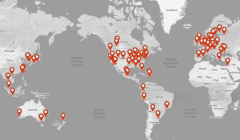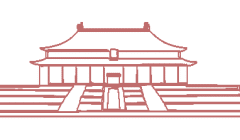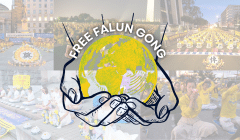Violations of China’s Laws
It is not uncommon for Chinese Communist Party (CCP) officials to rebuff censure of its human rights record by claiming that critical remarks unfairly judge Chinese policies by foreign standards. While this argument is itself problematic, as the above quotation indicates it is also irrelevant to the case of Falun Gong. This is because in its persecution of the group, the CCP has not only breached its international obligations, but has systematically violated China’s own laws.
Besides the much-touted recent addition of a provision stating that “the state respects and upholds human rights,” (Article 33) the P.R.C Constitution contains 16 other provisions outlining specific rights and freedoms. These include the right to freedom of religion (Article 36), the right to freedom of expression (Article 35), and the right to education (Article 46). There are also articles prohibiting unlawful detention (Article 37) and violence against women, children, and the elderly (Article 49).
Nonetheless, as evidence presented on this site’s accompanying pages suggest, in the persecution of Falun Gong each of the above articles has been breached.
The violations have not been limited to the constitution either. As Chinese human rights lawyer Gao Zhisheng points out, in its treatment of Falun Gong, the CCP has ignored provisions of the Chinese penal code, as well as general principles of law, like the prohibition on retroactive legislation (news). In its report, Human Rights Watch similarly pointed to what it termed a “rule of law veneer,” highlighting that the legislation cited by Chinese officials as the legal basis for the ban was in fact passed in October 1999, a full three months after the persecution was launched (news).
In other words, when Jiang Zemin wanted to take action against Falun Gong, it did not matter to him that relevant provisions were non-existent or that the measures he called for were unconstitutional – if there were no laws to support his actions, he would do what he wanted first and create the laws later.
Indeed, the campaign against Falun Gong is a continuing reminder of the CCP’s ability to override the constitution, a core feature of the PRC legal system. As Chinese law expert Daniel Chow says, “the real power structure in China is not to be found anywhere in the constitution. Real power lies in the hands of the Communist Party.” [1]
For a detailed list of the specific articles in the Chinese constitution and criminal law violated in the persecution of Falun Gong, see here.
—
References and additional resources:
[1] D. Chow, The Legal System of the People’s Republic of China (St. Paul, 2003), p114.
B. Edelman and J.T. Richardson, “Falun Gong and the Law: Development of Legal Social Control in China,” Nova Religio, Vol. 6, No. 2, April 2003, pp. 312-331, 312.
R. Berring, Prof. of Law, University of California (Boalt Hall), affadavit to U.S. District Court, Northern District of California in the case of Jane Doe I, et al. v. Liu Qi on provisions of Chinese law relevant to the persecution against Falun Gong and Liu’s role in it as former mayor of Beijing (link).
Falun Gong Human Rights Working Group, “The Chinese Government’s State Violence against Women,” 2002 submission to the United Nations Special Rapporteur on Violence against Women (link).








